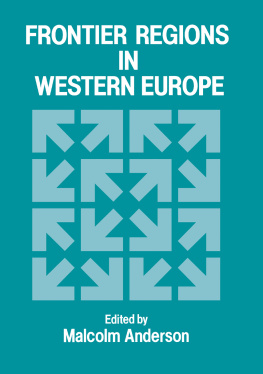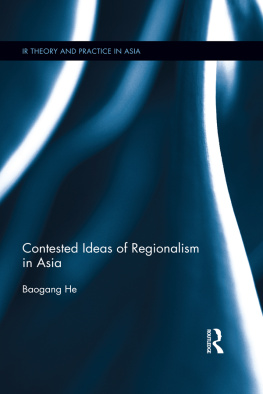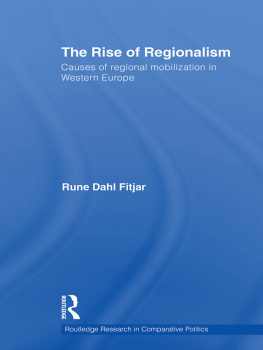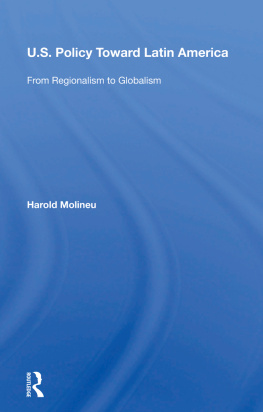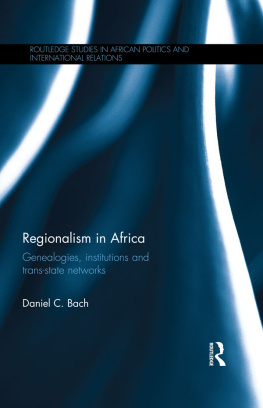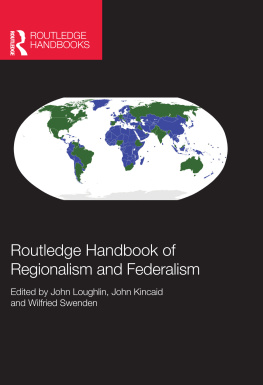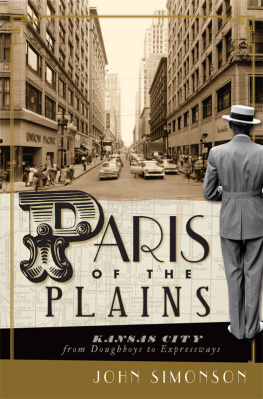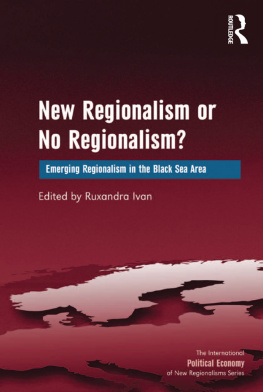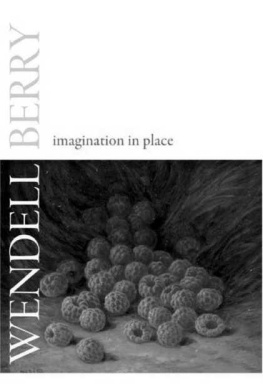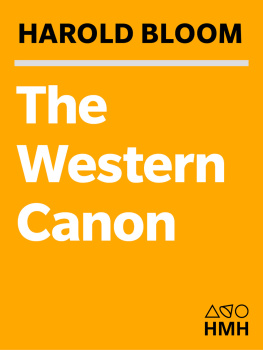Cover
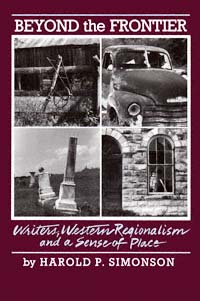
| title | : | Beyond the Frontier : Writers, Western Regionalism, and a Sense of Place |
| author | : | Simonson, Harold Peter. |
| publisher | : | Texas Christian University Press |
| isbn10 | asin | : | 0875650406 |
| print isbn13 | : | 9780875650401 |
| ebook isbn13 | : | 9780585377018 |
| language | : | English |
| subject | American literature--West (U.S.)--History and criticism, Frontier and pioneer life in literature, Western stories--History and criticism, Place (Philosophy) in literature, West (U.S.)--Intellectual life, West (U.S.) in literature, Regionalism in literatur |
| publication date | : | 1989 |
| lcc | : | PS271.S5 1989eb |
| ddc | : | 810/.9/3278 |
| subject | : | American literature--West (U.S.)--History and criticism, Frontier and pioneer life in literature, Western stories--History and criticism, Place (Philosophy) in literature, West (U.S.)--Intellectual life, West (U.S.) in literature, Regionalism in literatur |
Page iii
BEYOND THE FRONTIER
Page v
BEYOND the FRONTIER
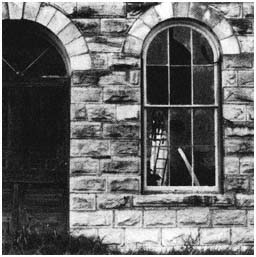
Writers, Western Reguionalism and a Sense of Place
HAROLD P. SIMONSON
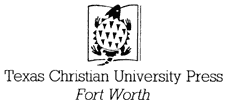
Page vi
Copyright 1989 by Harold P. Simonson
Library of Congress Cataloging-in-Publication Data
Simonson, Harold Peter, 1926
Beyond the frontier: writers, western regionalism, and a sense of
place / by Harold P. Simonson.
p. cm.
Bibliography: p.
Includes index.
ISBN 0-87565-040-6
American literatureWest (U.S.)History and criticism.
Frontier and pioneer life in literature. 3. Western stories
History and criticism. 4. West (U.S.)Intellectual life. 5. West
(U.S.) in literature. 6. Regionalism in literature. I. Title.
PS271.S5 1989
810'.9'3278 dc194411
CIP
Designed by Whitehead & Whitehead
with
A. Tracy Row
Page vii
Contents
| Preface | ix |
| 1. Prospects, Limitations and a Sense of Regional Place: An Introduction | 1 |
| The Open Frontier |
| 2. Frederick Jackson Turner: Frontier as Symbol | 16 |
| 3. The Tempered Romanticism of John Muir | 28 |
| 4. The West as Apotheosis | 44 |
| The Closed Frontier |
| 5. The Closed Frontier and American Tragedy | 53 |
| 6. Adventures of Huckleberry Finn: Barriers and Boundaries | 66 |
| 7. Ole Rlvaag and the Immigrant Promise Denied | 84 |
| 8. California, Nathanael West and the Journey's End | 101 |
| 9. The West and Eschatology | 123 |
| Frontier Synthesis |
| 10. Regionalism as Frontier Synthesis | 137 |
| 11. Three Montana Regionalists: Ivan Doig, James Welch, Norman Maclean | 148 |
| 12. Home and the Good Life: Conclusion | 170 |
| Notes | 176 |
| Index | 185 |
Page viii
To the Memory of My Parents
Page ix
Preface
THIS BOOK expands the range of topics covered in The Closed Frontier: Studies in American Literary Tragedy, published some fifteen years ago. I make explicit in both books the central tenet that the western frontier significantly contributed to American consciousness. I now explore at greater length the concept of the open frontier, including all its wondrous connotations, and argue the need to recognize its antithesis: the closed frontier.
But the closed frontier does not tell the full story either. My later years have convinced me that what we know comes in large part from where we standwhere we live and call our home. To identify such a place as existing between the open and the closed, the light and the dark, the Romantic and the tragic becomes too abstract, too philosophical. Granted that in training our consciousness for both extremes, we try both to enlarge our minds while holding the paradoxes in tension. But a sense of real place, which I associate with regionalism and identify as frontier synthesis, offers a different perspective and truth. By having a sense of real towns, ranches, mountains, and riversalways in relationship to personsthe best regional writers create a sense of home, connectedness and clarification.
I need to acknowledge indebtedness to those persons from whom I drew assistance and encouragement in this study. I want to mention Nelson Bentley, Ivan Doig, and certain members of the Western Literature Association who have sharpened my thinking with their intelligence and wit: Martin Bucco, George Day, Dorys Grover, Richard Etulain, Larry Lee, Merrill Lewis, Glen Love, Barbara Meldrum, Ann Ronald, Helen Stauffer and Thomas Lyon. I especially want to
Page x
thank Fred Erisman, who is also a member of WLA, for his careful reading of the manuscript and his several key suggestions. More than ever, my gratitude to my wife Carolyn knows no bounds.
Grateful acknowledgment is made to the editors of The Antioch Review, The Texas Quarterly, The Yale Review and Western American Literature in which portions of this book first appeared.
H.P.S.
University of Washington
Page xi
BEYOND THE FRONTIER
Page 1
Prospects, Limitations and a Sense of Regional Place
AN INTRODUCTION
FOR all the controversy raised by Frederick Jackson Turner's frontier thesis, no student of American civilization would deny that the Western frontier influenced the character of this nation. Turner said the frontier was the most important single influence. Other historians have argued for capitalism, Puritanism, North and South sectionalism, or the constitution as the chief shaping influences. Substantial claims support each of the positions. It was the frontier, however, that made America an open society from the beginning. Because individuals thought they could move westbecause they had a West to which they could movesocial mobility became one of America's distinguishing marks. Furthermore, mobility nurtured optimism. In the American consciousness the West symbolized hope; the West figured into the process of civilization, so that the process itself came to mean progress. From this point logic designated the West as synonymous with the American Dream.
Something primal was at work. Once again the old struggle between man and nature took on an immediacy unlike anything Europe had known for centuries. In America this titanic work engaged not only isolated adventurers but a whole society. This fact was manifest from the day colonists first stepped onto the new land. Nature was both friend and foe, and to forget this fact was to place in jeopardy not only physical survival but the human spirit. The struggle, like Prometheus', challenged American resourcefulness and sum
Next page


